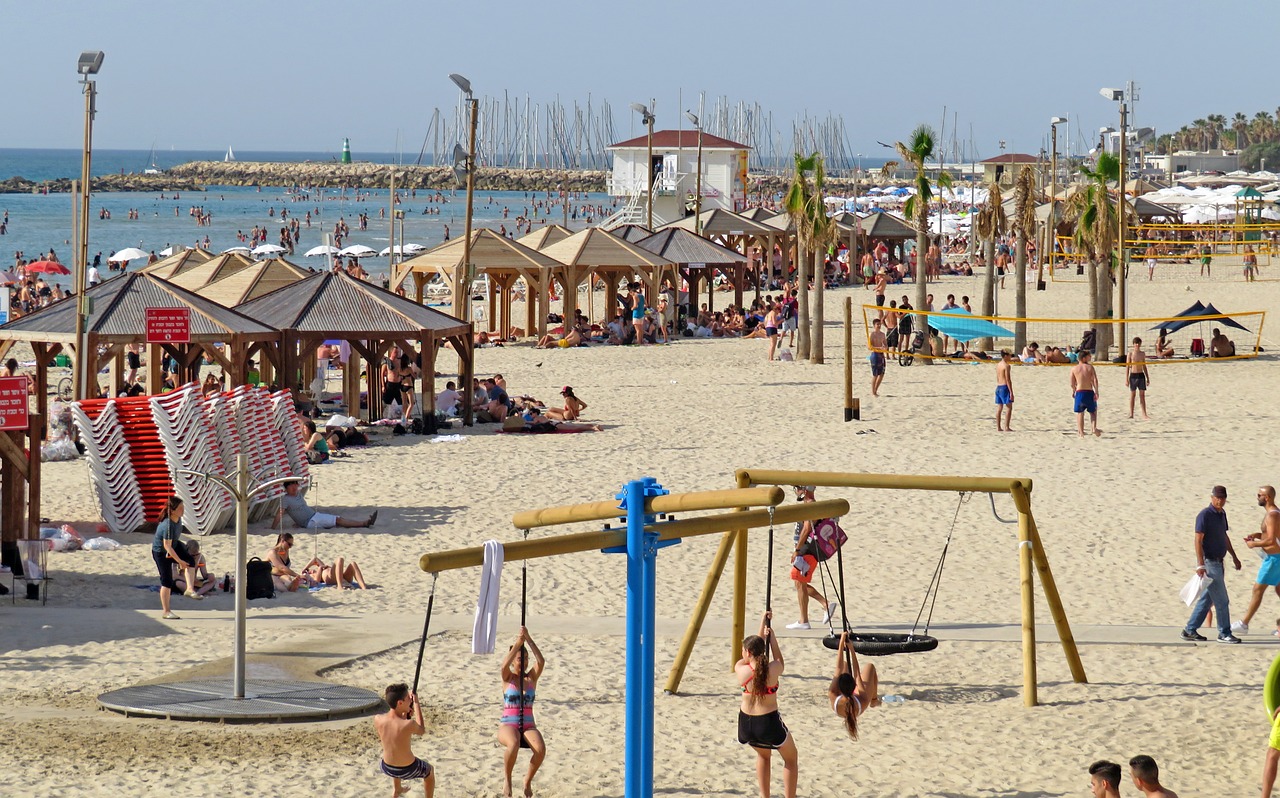Aliyah – Immigration to Israel for Jewish People
All Jews from around the world has the right to make Aliyah under Israel's Law of Return. Reasons for immigrating to Israel for Jewish people include religious motivations, Zionist ideals, escaping antisemitism, or improving the quality of life. Jewish immigrants to Israel are called “Olim Chadashim” (new immigrants) and are entitled to several benefits, including financial aid, housing and job assistance, Hebrew classes (“Ulpan”) and more,
How to make Aliya to Israel?
- Contact the Jewish Agency (or Nefesh B'Nefesh for those immigrating from North America and the UK) to begin the Aliyah process and confirm eligibility under the Law of Return.
- Open a file and begin paperwork: submit identification documents, birth certificates, any relevant diplomas or transcripts, letters from rabbis, etc.
- Attend an Aliyah seminar in your home country run by the Jewish Agency to learn about the entire process of making Aliyah along with life in Israel.
- Apply for an Aliyah visa from the Israeli consulate in your area. Submit passport and requested documents.
- Upon arrival in Israel, you’ll receive Israeli identification papers and temporary travel documents at the Ministry of Interior. Afterwords, you’ll be able to apply for a 10-year Israeli passport.

Immigration to Israel for Non-Jews
Israel also offers non-Jewish people various paths to legally immigrate, including work visas, student visas, family reunification, asylum seekers and foreign spouse visas.
Work visas – allow immigration if an Israeli company sponsors the foreign national. The type of work visa may vary depending on the nature of the work and the duration of the employment.
Student visas – allow non-Jewish students to study at Israeli universities. The visa is typically issued for the duration of the academic program.
Family Reunification – enabling non-Jewish individuals to join their family members, who are already residents or citizens of Israel.
Foreign Spouse Visas – Non-Jewish people who are married to Israeli citizens can apply for a foreign spouse visa, which will allow them to reside in Israel with their spouse.
Overall, non-Jewish immigration is limited compared to Jewish Aliyah, involves more bureaucracy, and fewer benefits from the state.

Life in Israel
Living in Israel, a nation with a deeply rooted history and a complex geopolitical landscape, can present several challenges. In this chapter, we’ll delve into the practical aspects of daily life:
Cost of Living
Israel has a relatively high cost of living compared to many countries, particularly in terms of housing. Cities like Tel Aviv and Jerusalem are known for their pricey real estate markett, both for buyers and renters. However, there are also areas where the cost of living is more affordable in less central locations, such as Haifa and Beer Sheva.
An average monthly rent for a 2-bedroom apartment can range from 550$ to 2,500$, depending on the location and the overall condition.
Daily expenses, including groceries and transportation, can vary depending on location and lifestyle. According to Numebo’s cost of living database, a single person’s estimated monthly costs without rent are about 1,000$.
Language Barriers
Hebrew is the official language of Israel, yet English is widely spoken in urban areas, especially in business and tourism. Arabic is also an official language and is commonly spoken.
Learning some basic Hebrew phrases can enhance the overall experience, but expatriates can generally navigate daily life with English.
Overall, language barriers are not a significant hindrance to daily life in Israel.
Safety
Despite its geopolitical challenges, Israel is generally safe for residents and visitors. Cities like Tel Aviv are known for their vibrant nightlife, and people often feel secure walking around late at night. As with any destination, it's essential to stay informed about current events and adhere to local guidelines for personal safety.
Cultural Diversity
Israel is a melting pot of cultures, with Jewish, Arab, Druze, and other communities coexisting. Each group contributes to the rich cultural tapestry of the country. This diversity is reflected in the cuisine, traditions, and daily life. Festivals, religious celebrations, and cultural events provide opportunities for residents to engage with the various facets of Israeli society.
Work-Life Balance
Israelis place value on family and community, and the work-life balance is an essential aspect of daily life. The workweek typically runs from Sunday to Thursday, with Friday and Saturday considered the weekend due to the Jewish Sabbath.
